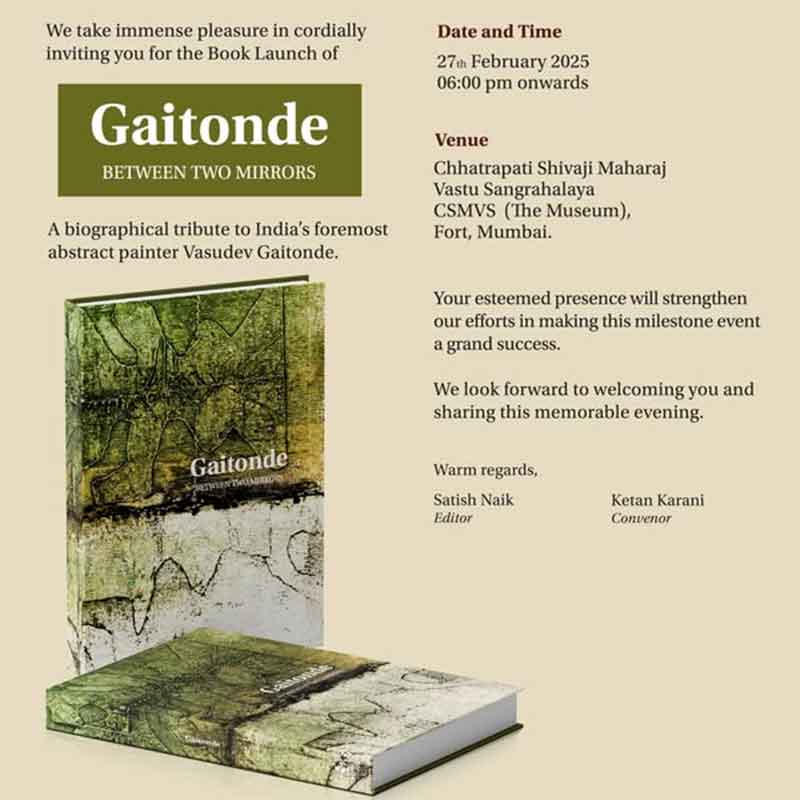
Karl Marx is presented with a correct perspective in this sparkling , moving Marathi theatre production Marx in Soho. Staged last evening, it ended in a gentle dance in which appear Marx, his wife Jenny, daughter Eleanor, lifelong friend and collaborator Engels. Also the anarchist Bakunin.
This is important because though Marx is daunting intellectually and is seen as stern he was basically a warm human being who dreamt of a society in which all could live in harmony. And he knew by heart a good deal of Shakespeare and much else.
The most creditable part is Sahil Kalloli has adapted eminent historian Howard Zinn’s one man play given it much more flesh by introducing on stage several chracters like Engels and Jenny mentioned above.
We have had very good one man shows of the Zinn play done in Marathi by Satchit Puranik in which these other characters appear through narration. Kalloli brings them live physically on stage which makes it so much more watchable and with lively exchanges between characters
First appears on stage in the Pratyay production Dr Sharad Bhutadia, a very talented actor, he looks the aged Marx every inch, has an excellent bearing narrating his tale to correct biases against him. And then other characters.
Can never forget Bhutadia’s superb role as King Lear in the Vinda Karandikar adaptation of the Shakespeare classic done more than two decades ago at Karnataka Sangh hall in Matunga west, I remember Dr Lagoo and Vijay Tendulkar were there watching with admiration.
The younger Marx is played by Aditya Khebudkar and Jenny by Rasiya Padalkar.
Along with the ticket for yesterday’s show at Dadar Matunga centre the audience member got a a biography of Marx written years ago in English by CPM veteran Ramdas Menon and translated by into Marathi by Shobha Thekedath, veteran leader of Mumbai university teachers’ union. It was released yesterday
Dr Ashok Dhawale, polit bureau member of CPM, in his welcome speech, also recalled the contribution of Menon’s wife Kitty, born in a Parsi family from Mumbai.
Last month Dr Dhawale delivered the Karl Marx oration at Highgate cementary in London, where Marx lies buried and which is visited with much affection by many.
In the play Marx comes back to life to explain his part of the story when he is under attack from capitalists years after his death.th Marx noticing and getting excited at the presence of the audience, whom he proceeds to engage with directly throughout the play.
The show captures all of the aspects of Marx’s personality that have been written about in various biographies over the years: his quick wit, his fiery temper and notorious intolerance to other writers of the time that he did not agree with; his love and admiration for his partner, Jenny, and his close friendship with Friedrich Engels, whom he long depended on financially (“Yes…capitalism saved us!”). And of course, his appreciation for a drink.
As Zinn sees it, 120 years of the deepening of the class conflict in today’s world reaffirms the correctness of his analysis of Marx’s analysis of the capitalist system. His predictions of what would come in the absence a world socialist revolution are proven correct.
Sharad Bhutadia’s Marx is old and plagued with boils,but his mind is as sharp as a tack. He describes how he and his family struggled against extreme poverty, experiencing the ravages of capitalism first hand. Three of his five children fail to survive the harsh conditions of their life in Soho. Marx is a loving father and husband. He is a good and true friend of all who struggle, even when he disagrees with them on some basic point. He is intolerant of those that make his life’s work a fetish and condemns those who have “put their own comrades against a wall and shot them” in the name of communism. But he never strays from his basic premise that capitalism is the root cause of present human suffering, then and now, and has to go.
Subscribe to Our Newsletter
Get the latest CounterCurrents updates delivered straight to your inbox.
If you are already a socialist, you walk away from this play convinced of the importance of your own work to further the ideas of Marx. If you were not a socialist before, when you walk away from this play, you are strongly inclined to give Marx a second or third look.
As Marx himself rhetorically asks in the play, “Why do they (the capitalists) feel it necessary to declare Marx dead over and over again?” The audience comes away from this play knowing why.
Vidyadahr Date is a senior journalist, culture critic and author of a book on public transport
















































